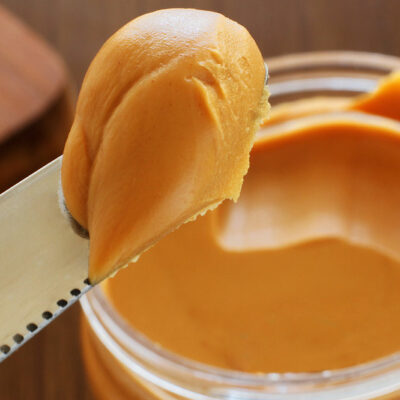
Eating Tips to Help Ease IBS Symptoms
Irritable Bowel Syndrome (IBS) is a chronic inflammation of the large intestine that can lead to a lot of intestinal disorders, including bloating, cramping, diarrhea constipation, and abdominal pain. One’s diet plays an important role in aggravating the condition and suppressing it. Easing IBS with diet is easy when you know what to eat and what to avoid.
Prefer homemade foods over takeaways
Foods that you order from restaurants are made with large amounts of oil, grease, simple carbohydrates, and saturated fats. And easing IBS with a diet will be challenging when you keep opting for such rich and heavy foods for every meal. Instead, start cooking simple and wholesome meals at home. This will help you keep the condition at bay.
Include probiotics in your food
Probiotics are good bacteria. These help keep the gut healthy and ease the digestive process. Natural sources of probiotics are fermented foods like yogurt. If you do not prefer these, you can get probiotic supplements and have them every day. Over time, this definitely helps ease the symptoms of IBS.
Try increasing fiber intake
Some people who suffer from conditons like constipation find it better when they increase their fiber content. Fiber also keeps the digestive tract clean. When you are easing IBS with a diet rich in fiber, make sure you take it slow, though. Increase your fiber intake gradually and see what suits your body.
Stay away from excessive spices
The intake of too many spices in food can aggravate the symptoms of IBS. Always limit your spice intake and choose organic spices that give flavor and taste.
Find alternatives to frying
Oil is a problem when you are easing IBS with diet. All kinds of oil can have a negative response in your gut and can increase your chances of a stomach upset or diarrhea. You can try to steam, broil, bake, or grill food instead of frying it. This gives variety to your meals and also keeps your IBS contained.
Choose low FODMAP options
A FODMAP diet includes certain types of foods that are poorly absorbed by the system. Foods that are FODMAP-rich pose a higher risk of flaring up, irritating your gut. Talk to a nutritionist and get a low FODMAP diet plan to help you change your food habits and ease the intensity of the condition gradually.
Irritable Bowel Syndrome (IBS) can last for years together when left unattended and untreated. Apart from the medications, easing IBS with diet will certainly make a great difference to your health. Maintain a chart and jot down foods that suit you and those that don’t. This will help you handle the condition like effeciently.


